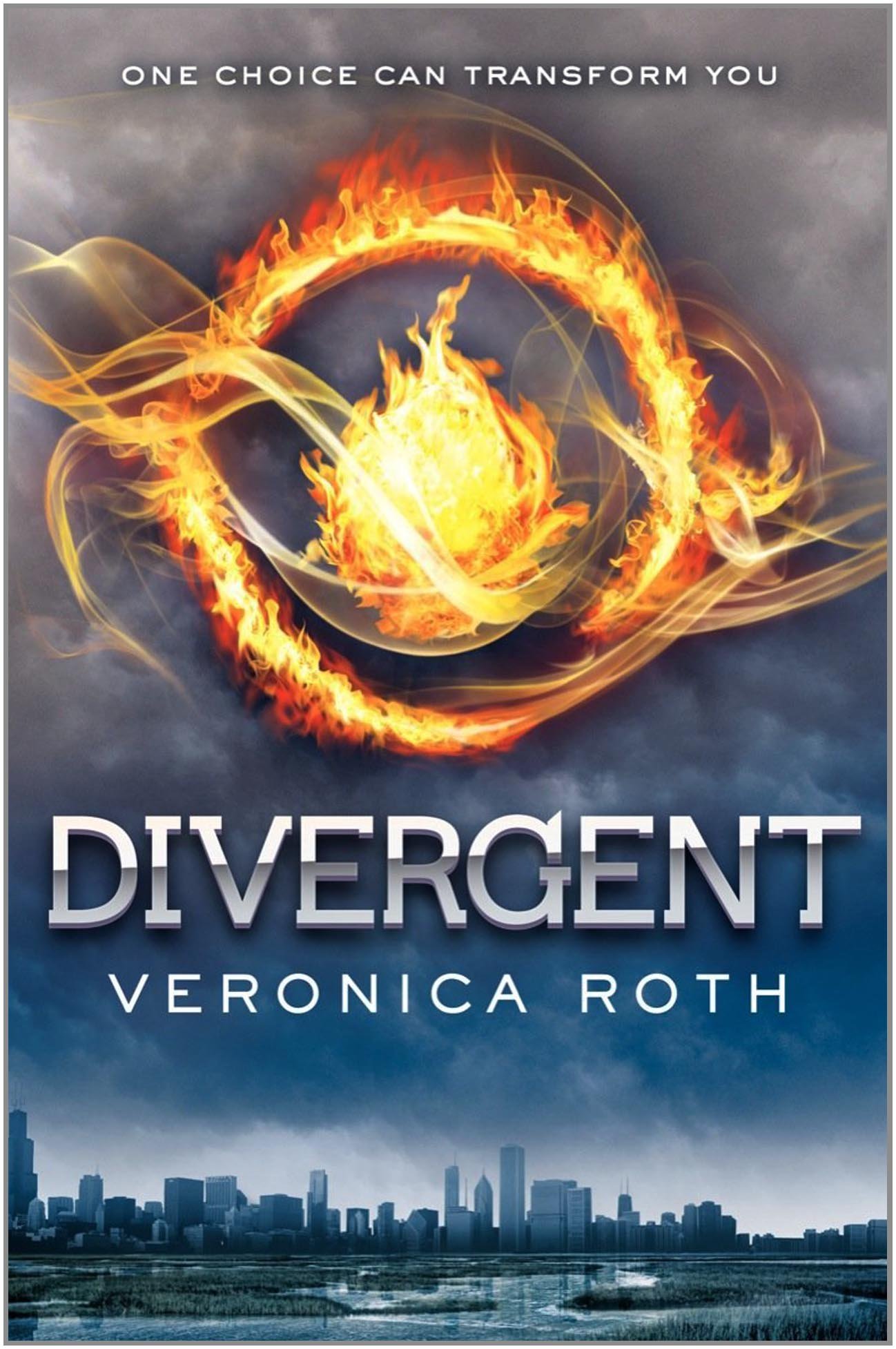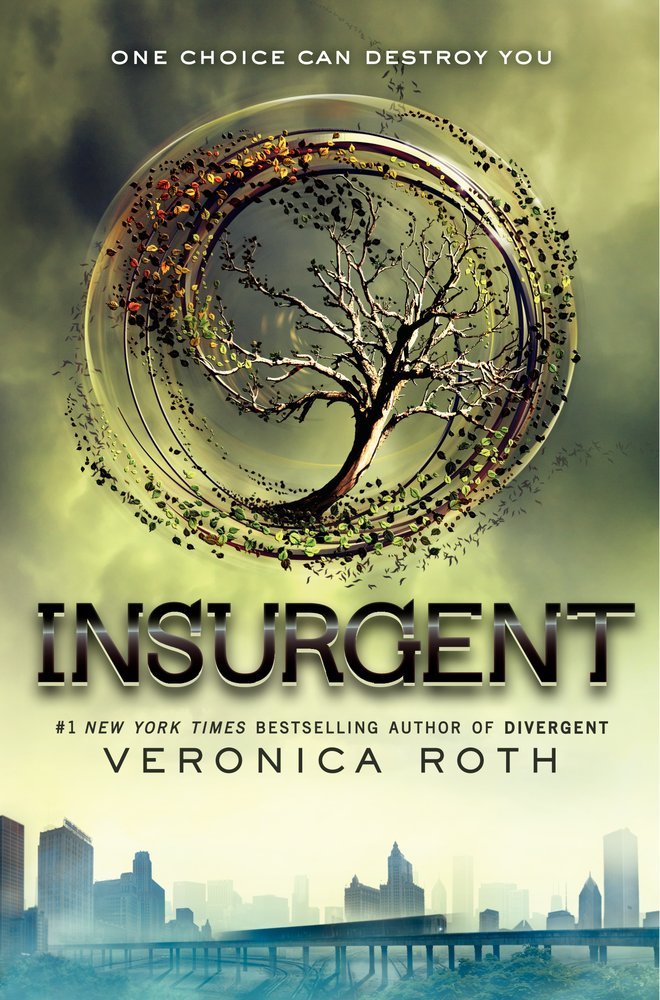(In which my suspicions are confirmed.)
***
This is another case of me choosing a book because it has a movie adaptation. I think this particular marketing strategy is working on me. I have just also added If I Stay by Gayle Forman in my TBR List, by the way.
The moment I saw the trailer I thought it's just a mixture of mystery and action. Quite frankly, all I got from the trailer was that they have to escape a maze. After reading the trilogy for three days, I realized that the novel was actually Divergent, 28 Days Later and Cube tossed in a salad bowl.
Let me (sort of) break it down.
The Maze Runner opens with Thomas waking up in a pitch dark box. It opens and he is greeted by a sea of strange boys speaking an equally strange slang. He knows nothing about his past, except his name. Confused, clueless and alone, he lives every hour in utter impatience and seeks answers for his seemingly endless questions as his new life unfolds by the minute. He finds out that he is in The Glade, a place inhabited by teenage boys. Despite still being clueless about the whole ordeal – why he was there and why he doesn’t remember anything, as well as who did that to all of them – he tries to follow their strict and weird rules. As he gain friends, he learns that every member of The Glade has a specific job to do to keep the place suitable for habitation and that they value order quite highly. He is introduced to their own form of justice, leadership and social hierarchy, all the while wondering at how boys actually started living in The Glade. Merely days after his arrival, he discovers that a certain group of boys, called the Runners, are tasked to solve the Maze and lead everyone to their freedom. Thomas suddenly, desperately wants to be a Runner. Just when things are starting to fall in place for Thomas, a new Glader is sent by the Box and everything changed.
The effect of these changes is tremendously felt in The Scorch Trials, where it was revealed to Thomas and his friends that they are infected by the virus called the Flare. The virus eats up the brain until the person becomes insane and devoid of humanity. WICKED, the company behind the Glade, promised them to be given the cure if they made it at the safe haven after two weeks. They meet allies along the way, lose Gladers at every turn, see the horrendous effects of the Flare virus to the infected and get ambushed by the warning that a close friend will betray them all. Thomas proves to be a badass hero all throughout. Until the betrayer is revealed and his life is put in grave danger.
In The Death Cure, the Gladers prove one more that everything is just a test for them. (Un)fortunately, not all of them will succumb to the Flare, as some are immune. Thomas and all the survivors of the Scorch are offered to be given back their memories so they would understand WICKED’s mission and vision. Eventually, Thomas and his friends escaped with the help of some newfound allies from the Scorch. Then they meet the Right Arm, an organization that rebels against WICKED. Caught between saving his friends and saving the world, Thomas does one sacrifice after another and in the end finds out the real cure.
For some reason I have refused to read anything that resembles the plotlime of a zombie apocalypse. But I read The Maze Runner totally oblivious to what it could offer besides the utterly obvious. The result - just like the realization about the plot - was mixed. It was a page-turner, but not entirely unforgettable. It is one of those unputdownable books, but it is not unpredictable either. The narration is patient, the characters well-painted. I am no longer surprised about the nature of characters in YA books. I have slowly learned to suspend disbelief and convinced myself that 15-year-olds in every dystopic novel can do wonders and eventually save the world. All in the glory of their selflessness. They always make me want to restore my faith in the capacity of all human beings to sacrifice (almost) everything not for a selfish pursuit but for the benefit of everyone. And then I had to remind muself that this is just a story and that Dashner might not had even thought about readers like me while he was writing this.
But the novel was not without surprises either. To begin with, at first I thought the minimalistic cast would make it boring. Instead, it justified the struggles Thomas endured especially in the parts where he desperately seek his identity. The first book is an unfolding wonder both for the reader and for the character, making them both - almost literally - at the same page. Gone are dramatic ironies. The reader knows only as much as the characters know. And though it seemed to exaggerate the use of foreshadowing (because you can just consider anything in the books a foreshadowing), it worked. By always reminding the readers that the Creators were always up to no good, makes 'WICKED is good' such an oxymoron of epic proportion. It's Dashner's cultivation of mistrust that kept me glued to the books. Partly to get it over with but mostly to prove myself right or wrong depending on my bet.
Another refreshing thing for me is seeing non-White characters hold so much significance in the story and somehow avoid themselves from being killed three quarters into the whole trilogy. This may sound racially controversial but this is really a new experience for me.
And finally, I believe the books have the most number of chapters I've ever read, considering each novel only has up to almost 350 pages. And each chapter is also the shortest I've seen. Which somehow reminds me of the length of Filipino soap opera segments between commercial breaks.
Photo Sources:












